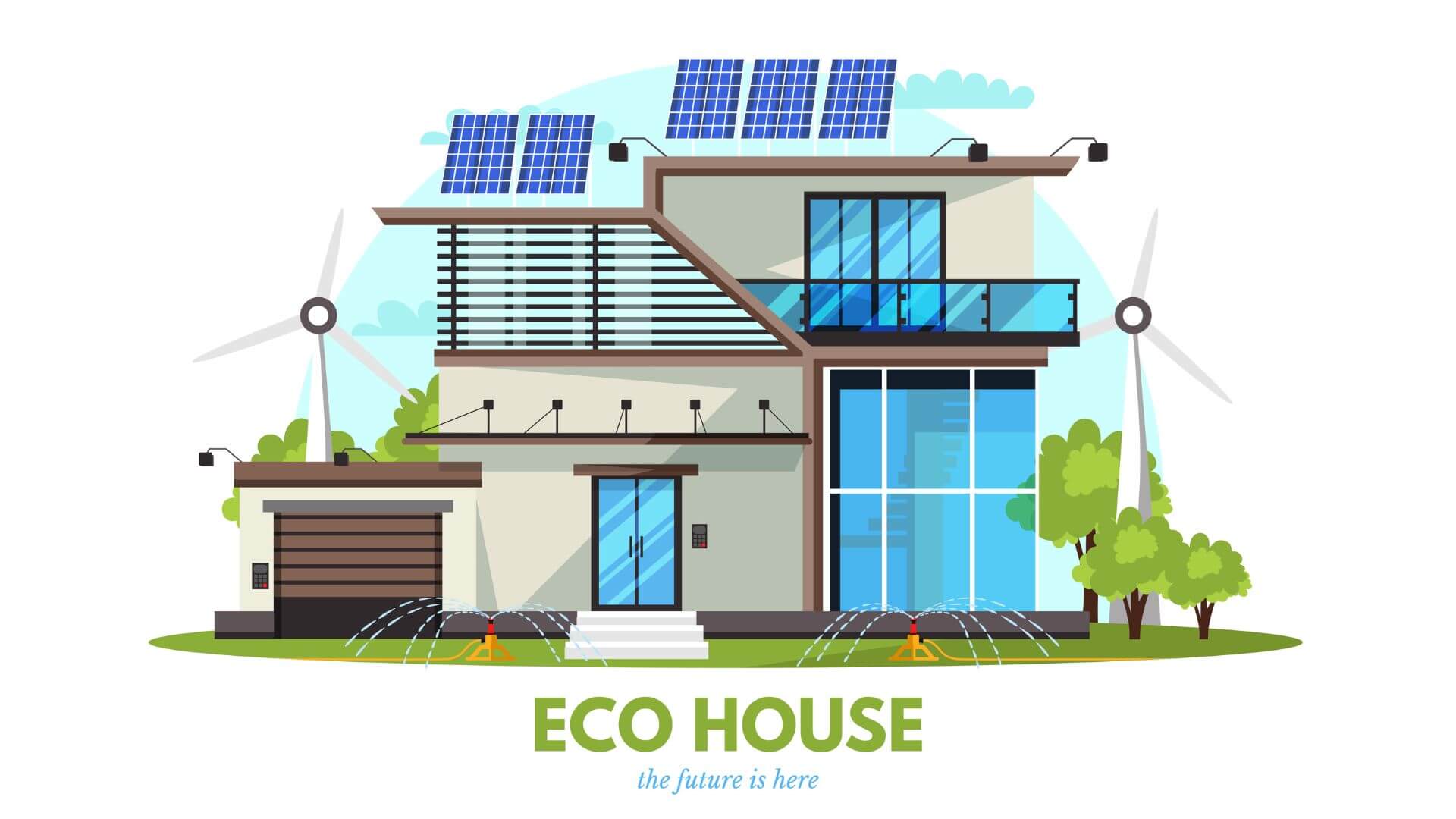Have you noticed your electricity bills going up recently? I don't know about you, but it seems like my power bill has been steadily rising over the past few years. And if the experts are right, it's only going to keep increasing as time goes on.
As much as you rely on electricity to power your home, it's getting harder to budget for these unpredictable and ever-growing utility costs. People have started looking into ways they can take control of my electricity source and lock in lower, consistent payments. One option that seems promising is investing in solar panels.
But will buying solar panels actually offset your electric bill and start saving me money each month?
How Solar Panels Reduce Your Electric Bill
Solar panels work by absorbing sunlight and converting it into electricity through photovoltaic cells. The direct current (DC) electricity generated by the panels is fed through an inverter to transform it into usable alternating current (AC) electricity that can power your home.
According to Smart Solar Energy in Olympia WA, any solar energy produced by your system that gets used in your household right away helps offset your electric bill. You're using free solar-generated electricity from your roof instead of paying the utility company for that power.
But what about when your solar panels are producing more electricity than your home needs at that moment? This excess production gets exported to the electrical grid in a process called net metering. The utility company keeps track of these exports and essentially gives you a credit that you can tap into later when your panels aren't actively producing electricity.
So if you use grid power at night, net metering credits from your solar overproduction during the daytime help cancel out those costs. The key factors that impact how much of your electric bill solar panels can offset are:
- The size of your solar system and its overall power production capacity
- The number of peak sun hours your location receives
- Your electricity provider's net metering policy and retail vs wholesale credit rates
- Your household's energy consumption needs
With the right solar panel system and favorable net metering rates, it's possible to zero out your entire electric bill! Picture the future, prefab eco-friendly homes with solar power and no utility bills!
It's important to note that utilities also charge fixed monthly fees that can't be offset by solar production. And time-of-use rates will impact the value of your solar exports depending on when they are sent to the grid. But overall, the more you can directly use or export with net metering, the lower your bill will be.
Estimating Your Solar Payback Period
Before you commit to installing a solar system, you probably want to know roughly how many years it will take to recoup your initial investment through ongoing electricity savings. This timeframe is known as the payback period.
Look at an example calculation:
Solar system cost: $15,000
Federal tax credit: 26% of $15,000 = $3,900
Net cost after tax credit: $15,000 - $3,900 = $11,100
Yearly electricity bill without solar: $1,500 ($125/month)
Estimated solar production: 6,500 kWh/year
Yearly savings from solar: 6,500 kWh x $0.15/kWh = $975 (65% bill offset)
Payback Period Calculation:
$11,100 (net solar cost) / $975 (yearly savings) = 11.4 years
So in this scenario, it would take just over 11 years to recoup the initial investment through electricity bill savings. This payback period is within the typical range of 5-12 years for residential solar panels.
After those 11 years when your net costs are paid off, you can look forward to continuing to save roughly $975 per year on electricity for the remainder of your solar panel system's 25+ year lifespan. That's peace of mind combined with significant long-term savings.
Key Factors That Impact Solar Savings
As you evaluate whether solar is right for your home, be sure to look closely at the following key factors that will impact the electricity bill savings you can expect:
Local Electricity Rates: Areas with high electricity prices typically see faster solar payback periods and higher savings. Compare rates from the national average of around 14 cents/kWh to your local utility.
Net Metering Policies: Utilities with generous 1:1 net metering provide full retail rate credits for your excess solar production, increasing savings. Less-favorable policies reduce the value of solar exports.
Household Energy Use: Larger homes and those with electric heating/cooling require more solar production capacity to cover electricity needs. An accurately sized system is key.
Solar Equipment Factors: Highly efficient solar panels paired with robust mounting systems and quality inverters will provide maximum solar output per square foot.
Climate and Sun Hours: More peak sunlight equals more solar production. Check average daily sun hours for your location, ranging from a low of 3 to a high of 7.
Time-of-Use Rates: If your utility charges more for peak power usage, batteries can maximize solar savings by avoiding imports/exports. Solar batteries also take homeowners one step closer to off-grid housing design.
Considering all these factors will help provide the clearest picture of how solar power can offset your unique home's electric bills.
Federal and State Incentives for Solar
One thing that makes solar more affordable for homeowners is taking advantage of the various government incentives available:
Federal Solar Tax Credit: Get 26% of your solar installation cost back as an income tax credit when you file the year after installing panels. For a $15,000 system, that's a $3,900 credit! This credit remains at 26% through 2032 before dropping to 22% for years 2033-2034.
State & Local Rebates and Incentives: Many states and utilities offer additional rebates, tax credits, incentives, and financing options. Browse the Database of State Incentives for Renewables & Efficiency to uncover every savings opportunity available to you. Rebates can range from a few hundred dollars up to thousands in certain states.
Every little bit of savings helps improve solar's payback period and long-term profitability.
Other Long-Term Financial Benefits of Solar
Aside from slashing your power bills month to month, solar panels can provide other financial benefits down the road:
Lower & Stable Payments: While electricity rates continue climbing over time, solar loan payments remain consistent. And they are often lower than previous utility bills.
Home Value Increase: Installing solar shows up as an asset when selling your home and can increase property value. One Lawrence Berkeley National Lab study found homes with solar sell for 4.1% more on average.
Independence & Sustainability: When you pay off your solar equipment, you own your electricity source. You don't have to rely on dirty fossil fuels that will run out one day.
So even though solar is a long-term investment, it comes with many short-term and lasting benefits beyond just saving money on your electric bill.
Conclusion: Take Control of Your Electricity Costs
After learning all about how solar panels can offset your current electric bill, would you consider installing a solar system on your home?
Now is a great time to go solar and take control over your household electricity source and expenses. Rising utility rates won't have such an impact on your budget when you lock in affordable solar payments for decades to come.
Take control of your home's energy future and see how much solar power can offset your electric bill today!





